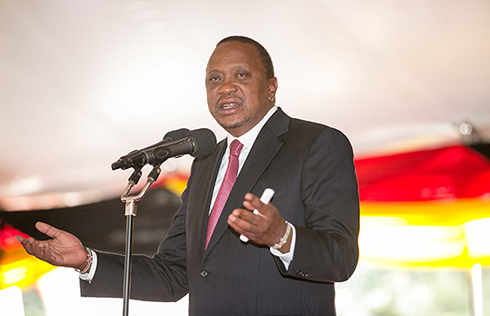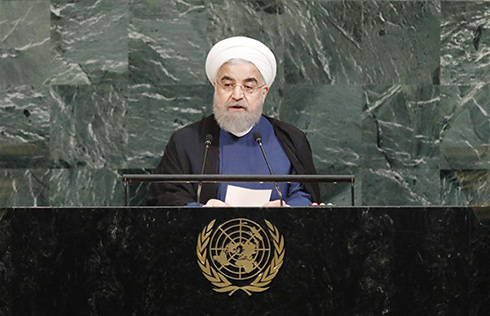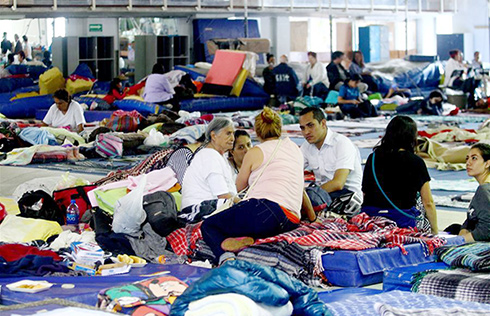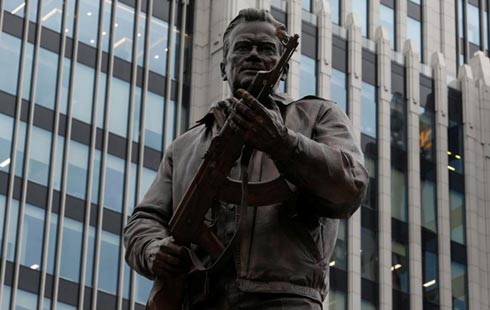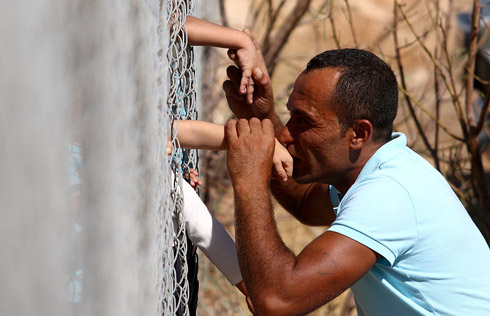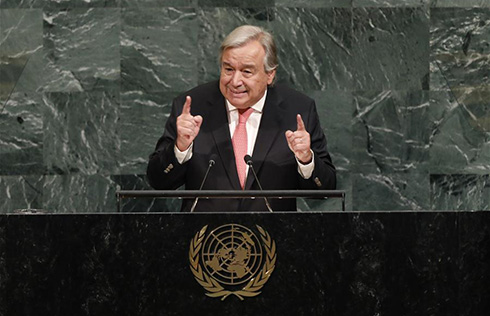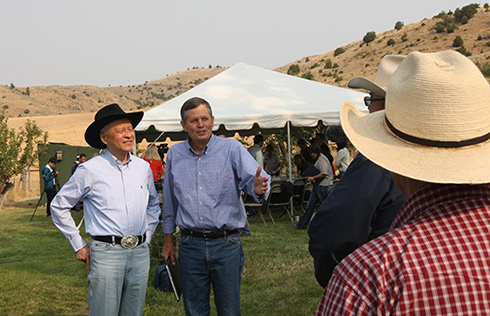Trump, May meet on Iran, DPRK issues: White House
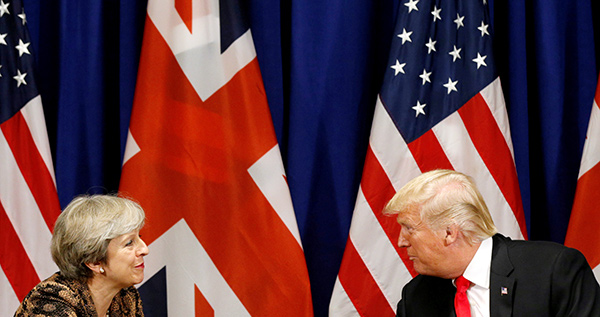 |
|
US President Donald Trump meets with British Prime Minister Theresa May during the UN General Assembly in New York, US, September 20, 2017. [Photo/Agencies] |
WASHINGTON - US President Donald Trump and British Prime Minister Theresa May discussed on Wednesday issues concerning Iran and the Democratic People's Republic of Korea (DPRK), the White House said on Thursday.
"They discussed approaches to end Iran's destabilizing influence in Syria and Iraq. The two leaders also reviewed next steps on the Iran nuclear deal," said the White House in a statement.
During their meeting on the sidelines of the UN General Assembly session in New York, Trump also asked the British leader to increase pressure on the DPRK, said the statement.
Early on Tuesday, Trump talked tough on Iran and the DPRK in his debut UN address, in which he signaled a possible end of the Iran nuclear deal and pressured the DPRK to give up its nuclear weapons program.
Trump said on Wednesday that he had already made a decision on the fate of the 2015 Iran nuclear deal, but declined to give detail.
Under the US law, the State Department is required every 90 days to recertify to Congress Iran's compliance with the nuclear deal.
So far, the Trump administration had recertified Iran's compliance with the deal twice and the next deadline for recertification comes due on Oct 15, 2017.
According to local media reports, Trump reportedly clashed with his national security team on whether he should recertify Iran's compliance in July. Soon after the second recertification, Trump told The Wall Street Journal that he "personally" would expect Iran to be declared noncompliant in October.
Iran and six world powers -- Britain, China, France, Germany, Russia and the United States -- reached an agreement on the Iranian nuclear issue in July 2015 that put it on the path of sanctions relief but with more strict limits on its nuclear program.
The deal set limits on Iran's nuclear activities and allowed regular inspections of the facilities inside Iran. In return, the United States and the European Union will suspend nuclear-related sanctions against Iran, with the lifting of all past UN Security Council sanction resolutions.
Trump had recently called Iran a "rogue" state, which has aroused fierce response from the Iranian government. Iranian President Hassan Rouhani said on Wednesday at the UN General Assembly that Trump's recent anti-Iran speech was "ignorant and spiteful."




